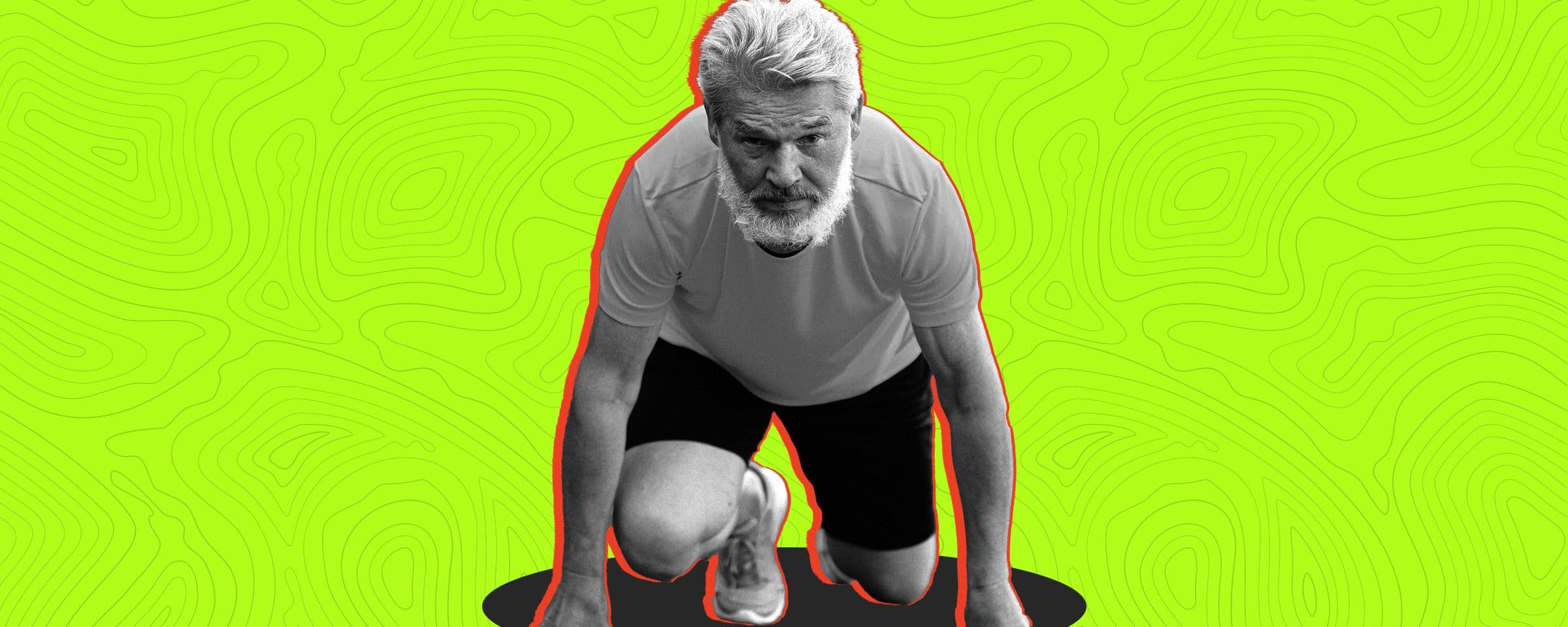Genetics and Lifestyle Diseases – How Dangerous?

Introduction
Tharun has seen his father be painfully careful about his diabetes. He's heard him warn countless times about how it runs in the family. And Tharun jokes about how if the bridegrooms did too, they wouldn't have diabetes. But it's clear that he took it to heart, with the rigorous diet that he insists is for muscling up, his obsession with the gym and his comical aversion to anything bread. And we know you're asking yourself, is his fear reasonable or do genetics and lifestyle diseases have no grasp on each other?
It's a good thing you're right here because Kofuku is ready to dissect everything about genes and their contribution to lifestyle diseases!
The Real Role of Lifestyle in Diseases
It's a common misconception that our genes are solely responsible for our health. One of the senses we share with many animals is pattern recognition. After trillions of years of honing it to perfection, it was naturally easy to recognise that some diseases are passed from parent to child, much like many physical traits.
However, we also found that harmful environments and habits are not excluded. While genetics plays a role, lifestyle factors often have a more significant impact on developing lifestyle diseases.
WHO lists the categories that greatly decide the wellness and deterioration of one's health:
-
Income and social status
-
Social support networks
-
Physical environment
-
Education
-
Health services
-
Gender
-
Genetics
With so many factors affecting your health, it's important to understand if your genetics play a role in your lifestyle disease.
Epigenetics
Genetics are the blueprint for our bodies, influencing physical traits like height, hair, and colour. They even affect one's susceptibility to certain diseases—susceptibility being the keyword here. However, genes are not lone wolves.
While genetics provides the blueprint, epigenetics manages the heist itself. It studies how various environmental factors and lifestyle choices can influence gene activity without altering the underlying DNA sequence.
While genetics can sadly predispose us to certain diseases, our lifestyle choices, fortunately, impact our health outcomes. When done right, they cancel each other out. For example, epigenetic modifications can affect how genes function. These modifications can be influenced by:
-
Diet
-
Physical activity
-
Smoking
-
Alcohol consumption
-
Stress management
-
Environmental factors
-
Early life experiences

The Intersection of Genetics and Lifestyle Diseases
Now that we know that it is, in fact, possible for both genetics and lifestyle to “combo wombo” us, here are some examples of lifestyle diseases and their associated genetic risk factors:
Inherited Cardiovascular Disease
Genetic Predisposition: Affecting 1 in 250 people worldwide, ICD is caused by specific genetic variations. These variations increase the risk of heart diseases like cardiomyopathy, cardiac tumours and even pulmonary hypertension.
Lifestyle Factors: Even if you don't have a strong genetic predisposition, high blood pressure, high cholesterol, smoking, unbalanced diet, lack of exercise, and stress can increase the risk of heart disease.
Type 2 Diabetes
Genetic Predisposition: Though Type 2 diabetes is caused by environmental, behavioural and genetic factors, the hereditary part of it ranges from 25% to 72%.
Lifestyle Factors: Obesity, a sedentary lifestyle, and an unhealthy diet that consists primarily of white bread, sugary foods, and even starchy veggies like potatoes can lead to type 2 diabetes. Just because it's part of a combo doesn't mean you have to order that extra fries!
Obesity
Genetic Predisposition: Although small, genes do play a significant role when it comes to body composition and metabolism.
Lifestyle Factors: Overeating, an unbalanced diet, and lack of physical activity are the primary drivers of obesity. They say it 'runs in the family' in the way the environment affects everyone who lives together and eats together.
Cancer
Genetic Predisposition: While cancer itself can't be passed, the genetic change that increases the risk of cancer cells can be. Only about 5-10% of all cancers are hereditary, including specific types of cancer like breast, colon, and prostate cancer.
Lifestyle Factors: Smoking, excessive alcohol consumption, exposure to environmental toxins, and lack of physical activity can increase the risk of various other cancers like lung or stomach cancer. You have a high chance of developing these without any hereditary help.
With all that being said, you need to once again use pattern recognition. Having a genetic predisposition does not automatically mean you are destined to develop a disease. That's why both genetic and lifestyle factors exist.
Genetic Disorders
Even without the help of atrocious lifestyle habits, genetics in itself can be pretty daunting. The vice versa is also the truth because, like Tharun fears, he may not get diabetes, but he may get another non-communicable disease that is indifferent to his healthy lifestyle.
These genetic conditions are primarily determined by genetic factors:
-
Cystic Fibrosis: A genetic disorder affecting the lungs and other organs
-
Sickle Cell Anaemia: A genetic blood disorder characterised by abnormal red blood cells.
-
Huntington's Disease: A neurodegenerative disorder that affects the brain and nervous system.
-
Haemophilia: A genetic bleeding disorder.

The Power of Prevention
Although the idea of being more susceptible to a thing pictures a doomed ending, it can be circumvented. Lifestyle diseases are called as such for a reason. Tharun will live a healthy and happy life if he continues caring for his body and mind. Knowing family medical history can be a considerable advantage in the war against lifestyle diseases.
Genetic predisposition does play a role in our health, but it's not the sole determinant. Understanding our genetic risk factors and making healthy lifestyle choices can turn the tables on our health and ensure our well-being. Tharun can go back to enjoying his life without worrying about a lifestyle disease haunting his bloodline!






